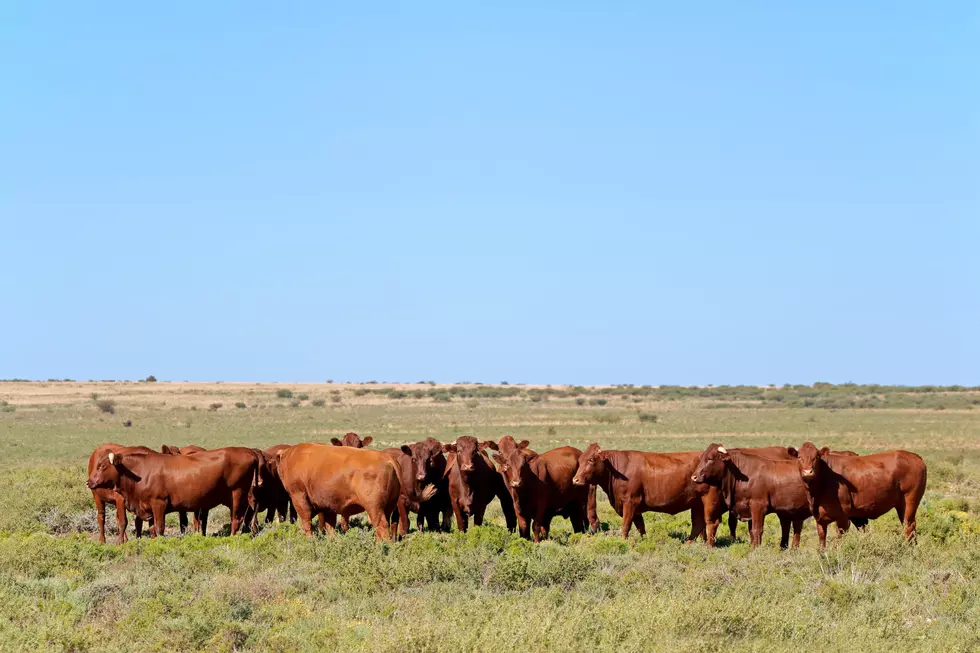Options When Antibiotics No Longer Work On The Herd
A treatment for sick cattle that almost always works….suddenly almost never works.
What is a producer to do?

Amelia Woolums, veterinarian, Mississippi State University, said it all starts when bacteria find ways to defeat the antimicrobial.
“We hear about antibiotic resistance as it relates to people and to animals and a lot of concerns about the relevance to agriculture. But it has also got potential importance in animal health. If a cow has an antibiotic resistant bacteria that's causing an infection, the cow may not get better if we treat it with antibiotics.”
Bovine respiratory disease, or BRD, is a common illness that typically responds well to antibiotics. But the last 10 years have seen an increase in resistant bacteria, although no higher mortality rates….yet.
“We do worry that if those resistant bacteria become more prominent in the environment of the cattle, in the cattle that we might buy or sell, over time, it will lead to the cattle not being able to respond properly to antibiotics, and then maybe not recovering when they get BRD.”
The main bacteria that cause BRD are starting to show resistance to several classes of drugs. Woolums said cattlemen can help head off this challenge.
“What we want to do is prevent the cattle from getting sick. We want to use antibiotics only when we really need them. I would really encourage producers to talk with their vet about how to use antibiotics. For many years, we didn't think it was a big worry, antibiotic resistance, now we're finding that it is. And work to keep the cattle healthy, give the cattle a good living space, not too crowded, not too much mud or overwhelming bad environmental challenges. Be careful with the numbers of cattle in groups. Different things that we can do to keep the cattle from ever getting sick are more important now than ever.”
When sickness is caught earlier, she noted the animals typically need a shorter course of antibiotics.
“And when you do need to use antibiotics, use them as the label says—the right dose, the right length of time, don't stop too soon, and watch your animals carefully so that you catch them when they're sick, at the beginning.”
In the end, Woolums says, good husbandry matters. Click Here to learn more.
If you have a story idea for the Washington Ag Network, call (509) 547-1618, or e-mail gvaagen@cherrycreekmedia.com
More From PNW Ag Network









